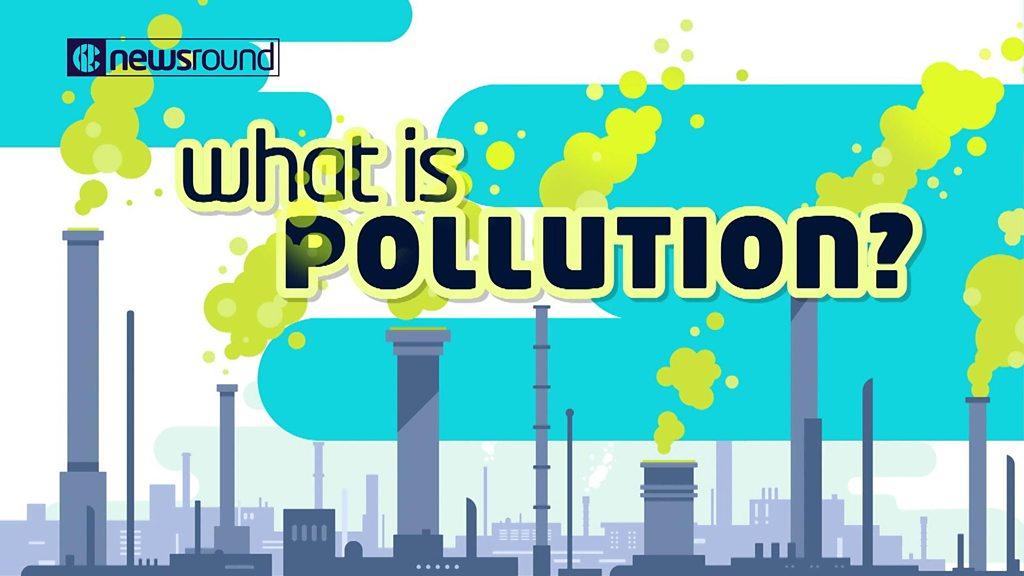Children challenge the UN for the right to breathe clean air
- Published
- comments
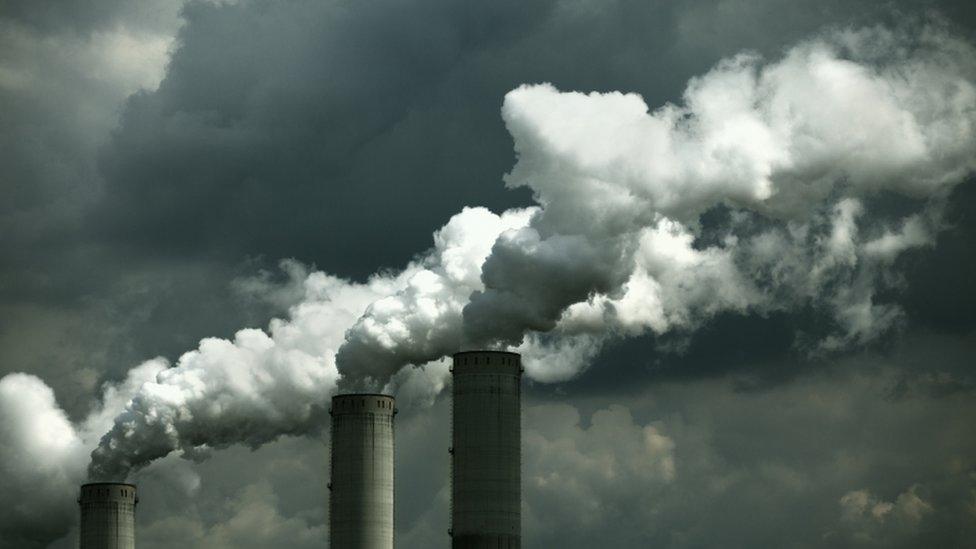
A group of more than 29,000 young people have called on the United Nations to take a child's right to clean air more seriously.
Having access to clean air has recently been recognised as a human right by the UN.
However, children's rights are governed by something specific called the UN Convention on the Rights of the Child (UNCRC) which was agreed in 1989.
This doesn't include anything on access to clean air but following the Freedom to breathe campaign the UNCRC has now confirmed it'll look into how it can change that.
What is the campaign about?
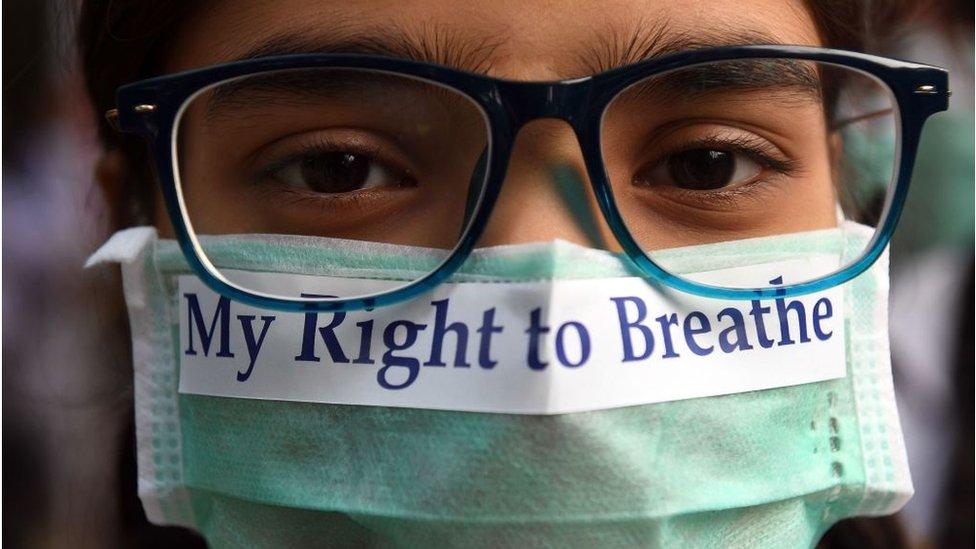
According to the World Health Organization, nine out of 10 people breathe in polluted air that puts their health at risk.
Over the last six months children from the UK, US, China, India have been demanding for the right to clean air through the campaign.
A total of 29,674 children have been involved with the Freedom to breathe project, supported by 62 organisations including Great Ormond Street Hospital, Alder Hey Children's Hospital and Unicef.
They wrote a letter to the committee of the UNCRC and received promises that the issue would be discussed by decision makers.
Philip D. Jaffé, Vice-Chair to the Committee of the UNCRC said of the campaign: "I will do my part and I will do everything I can with my colleagues to support you in what you are doing."
What is the UNCRC?
What's air pollution and why's it so important?
The UN Convention of the Rights of the Child is an agreement signed by 140 countries which sets out the civil, political, economic, social and cultural rights that all children everywhere are entitled to.
All UN member states, apart from the United States, have ratified the convention. This means the rules outlined by the UNCRC are officially binding.
However, air pollution isn't mentioned in the agreement so there are no duties or responsibilities on governments and private companies to protect children from it.
- Published10 March 2021
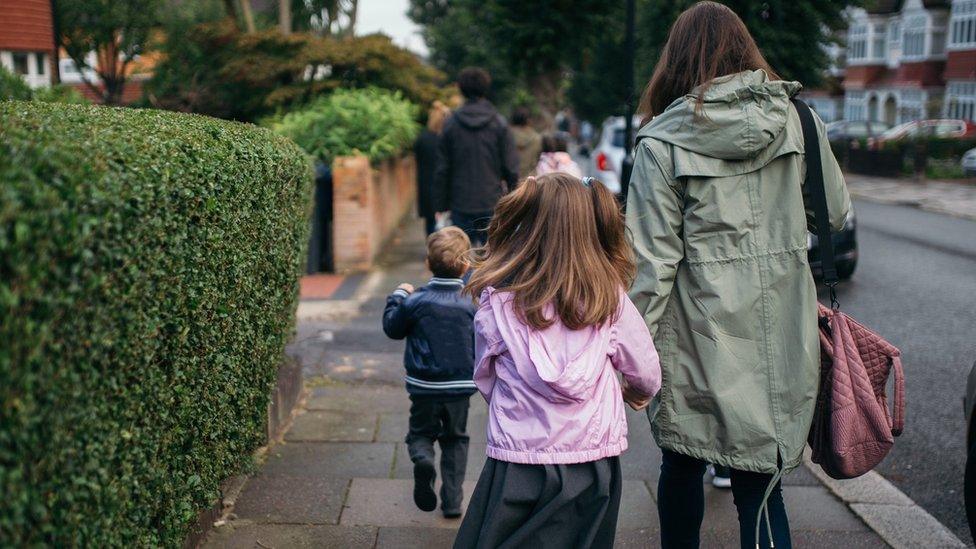
- Published19 April 2021
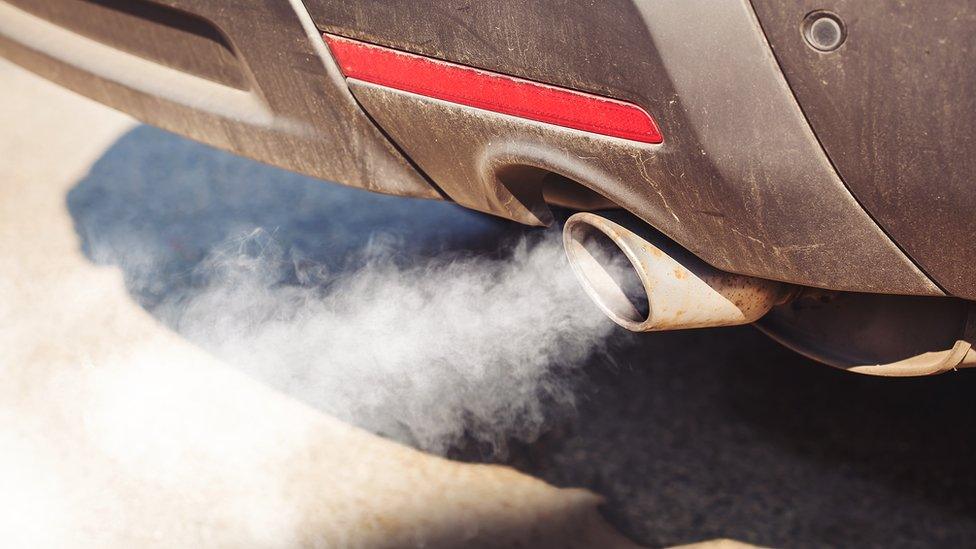
- Published30 April 2020
